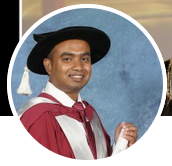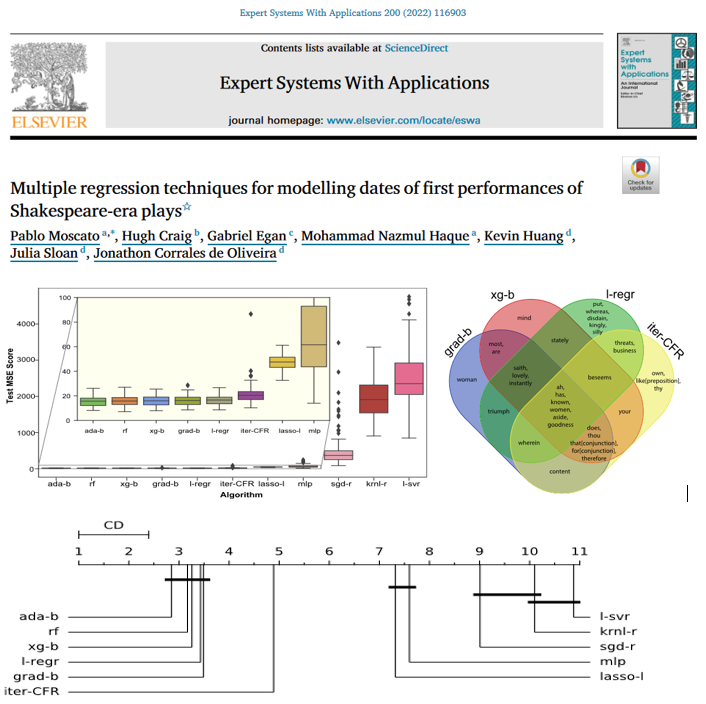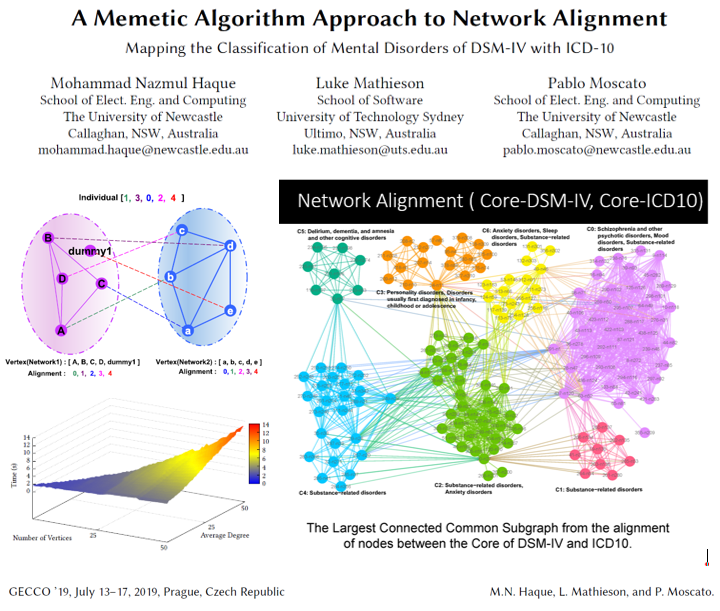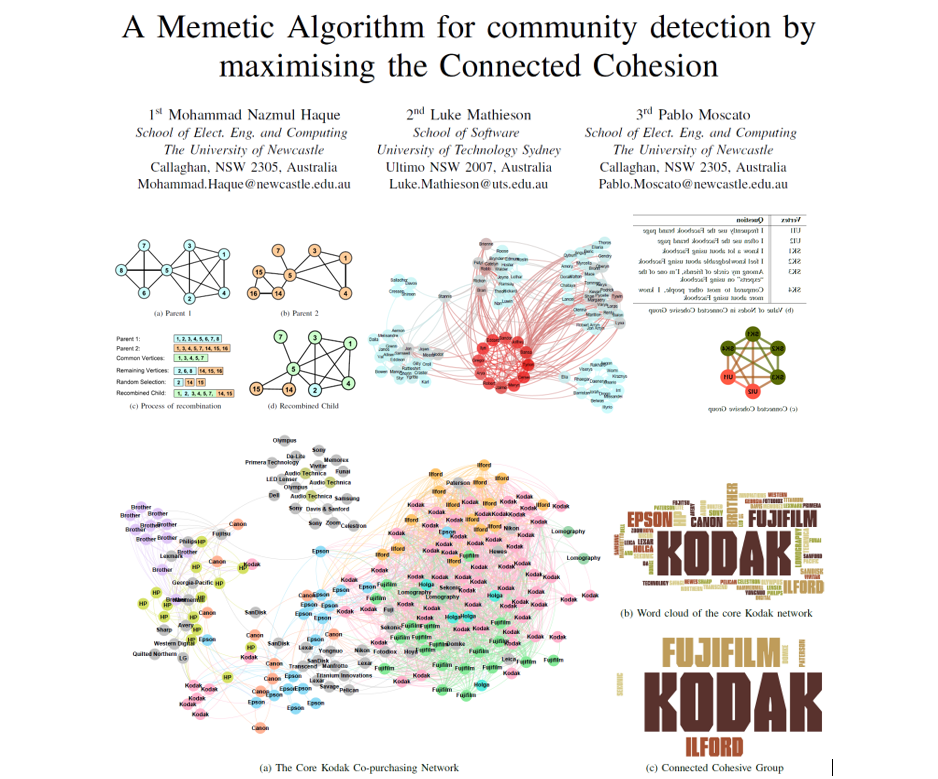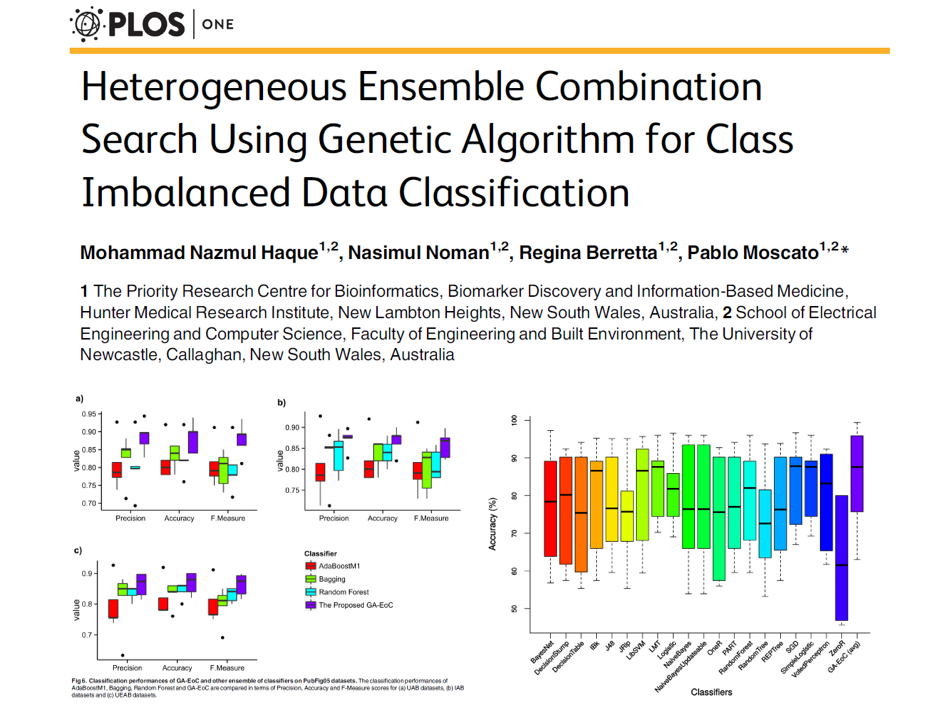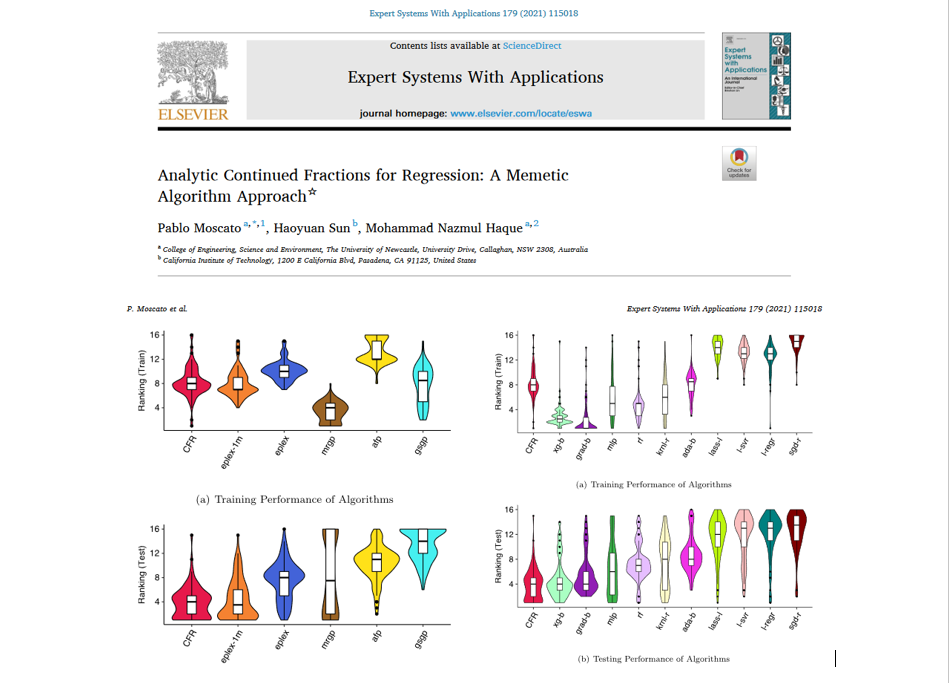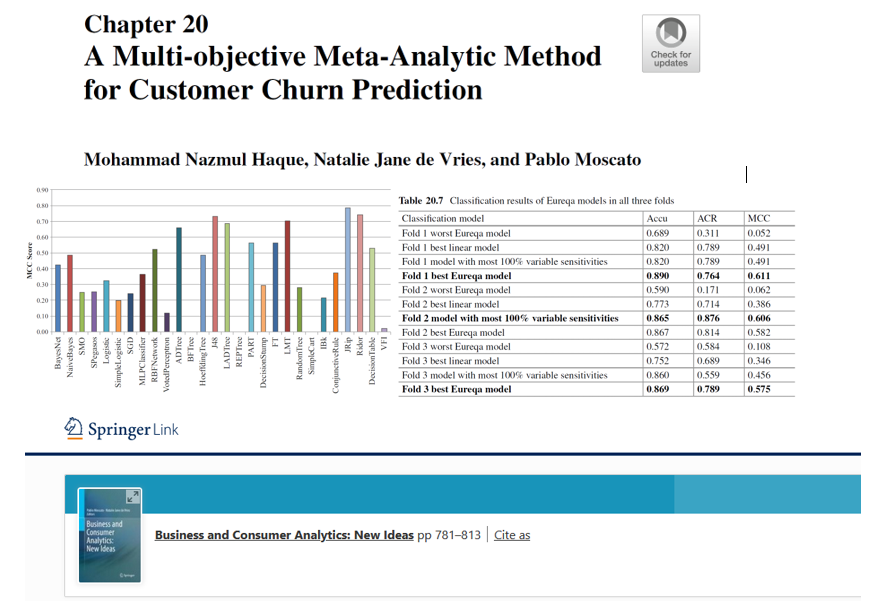About me
Dr Mohammad Nazmul Haque achieved the Doctor of Philosophy (Computer Science) degree from the University of Newcastle, Australia in February 2017. His PhD research area was on the genetic algorithm-based ensemble of classification methods for biological data classification. Dr Haque possesses interdisciplinary research experiences in data analytics from a diverse source of data (including gene expression, business and consumer behaviour, images etc.) and has worked with super-network and complex Network Analysis for cohesion, community and structural similarity identification using a memetic algorithm. He is currently working on a novel representation based on the Continued Fraction for regression method using a memetic algorithm with the potential application on astronomy, scientific functions and predictions. He has published several papers in peer-reviewed journals, conferences and book chapters.
Dr Haque received the B.Sc and M.Sc in Computer Science & Engineering from Daffodil International University (DIU), Dhaka, Bangladesh in 2006 and 2011, respectively. Before he started the PhD candidature in Aug 2012 at the University of Newcastle, he was involved in academia as Lecturer at Daffodil International University, Bangladesh from 2009 to 2012. He also served as Lecturer of Computing Information Systems at Daffodil Institute of IT, Bangladesh from 2007 to 2009. Just after completing his Bachelor in 2006, he joined as Junior Software Engineer at KMC e-technology, Bangladesh.
My current research interests include Data Analytics, Evolutionary Computing, Machine Learning, Artificial Intelligence, Image Processing and Health Informatics.
What i'm doing
-
Data Analytics
Collect, clean, interprets, visualise and question data to answer the business question.
-
Machine Learning
High-quality data-driven recommendations and decisions discovered from high volume data at the professional level.
-
Artificial Intelligence
Deisgn & deploy AI solutions to improve the prediction capabilities.
-
Big Data
I design and develop high-quality methods require to analys big data.
Testimonials

